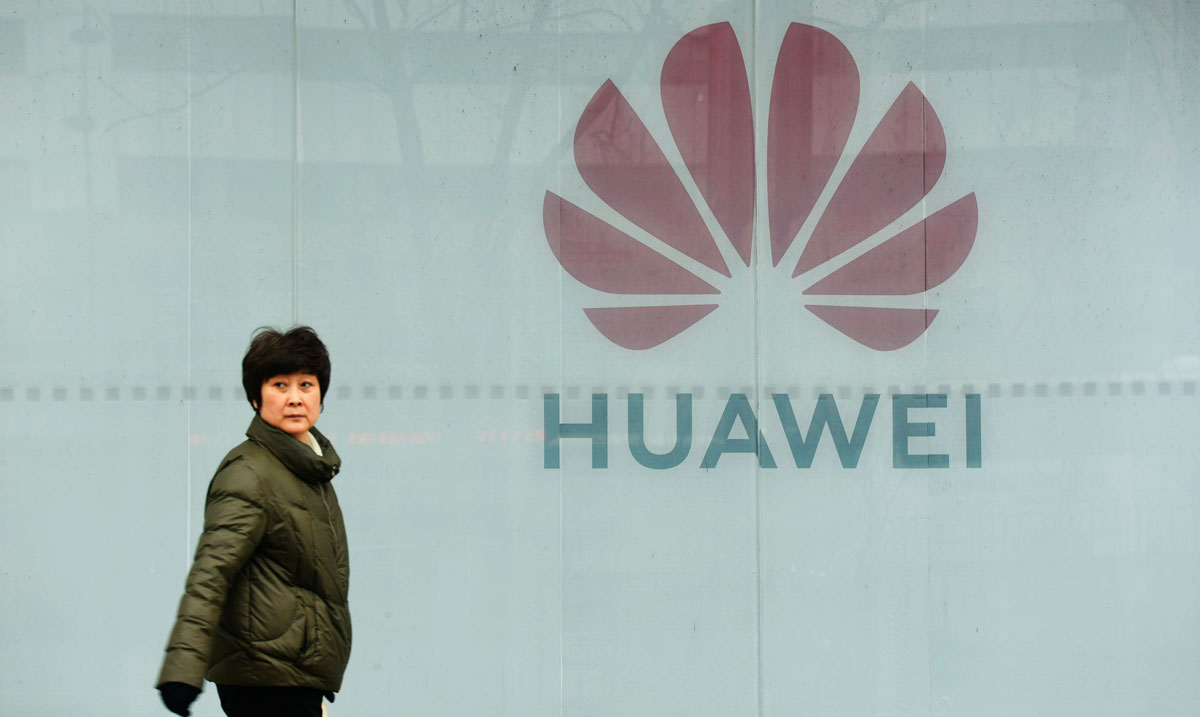Google has blocked Huawei from using Android in any new phones

It’s part of the fallout from the US government’s decision to add Huawei to a trade blacklist last Thursday.
The news: Google has suspended business with Huawei that requires the transfer of hardware, software, and technical services, except those publicly available via open-source licensing, Reuters reports.
What does that mean? Anyone who currently owns a Huawei handset will still be able to download app updates provided by Google. However, as it stands, future Huawei handsets will not include proprietary apps and services from Google—for example, YouTube, Maps, or Gmail.
The impact: Huawei is the second biggest smartphone maker in the world, and losing access to the Android operating system could jeopardize its smartphone business beyond China (where most Google mobile apps are banned anyway). Being blacklisted makes it very difficult for Huawei to do business with US firms, although it says it has prepared for this eventuality.
Chip supply chains: Arguably, a bigger problem for Huawei may be the loss of access to US-made chips. Chipmakers Intel, Qualcomm, Xilinx, and Broadcom have told their employees they won’t sell software and components to Huawei until further notice, Bloomberg reports.
Sign up here to our daily newsletter The Download to get your dose of the latest must-read news from the world of emerging tech.
Keep Reading
Most Popular
Large language models can do jaw-dropping things. But nobody knows exactly why.
And that's a problem. Figuring it out is one of the biggest scientific puzzles of our time and a crucial step towards controlling more powerful future models.
How scientists traced a mysterious covid case back to six toilets
When wastewater surveillance turns into a hunt for a single infected individual, the ethics get tricky.
The problem with plug-in hybrids? Their drivers.
Plug-in hybrids are often sold as a transition to EVs, but new data from Europe shows we’re still underestimating the emissions they produce.
Stay connected
Get the latest updates from
MIT Technology Review
Discover special offers, top stories, upcoming events, and more.